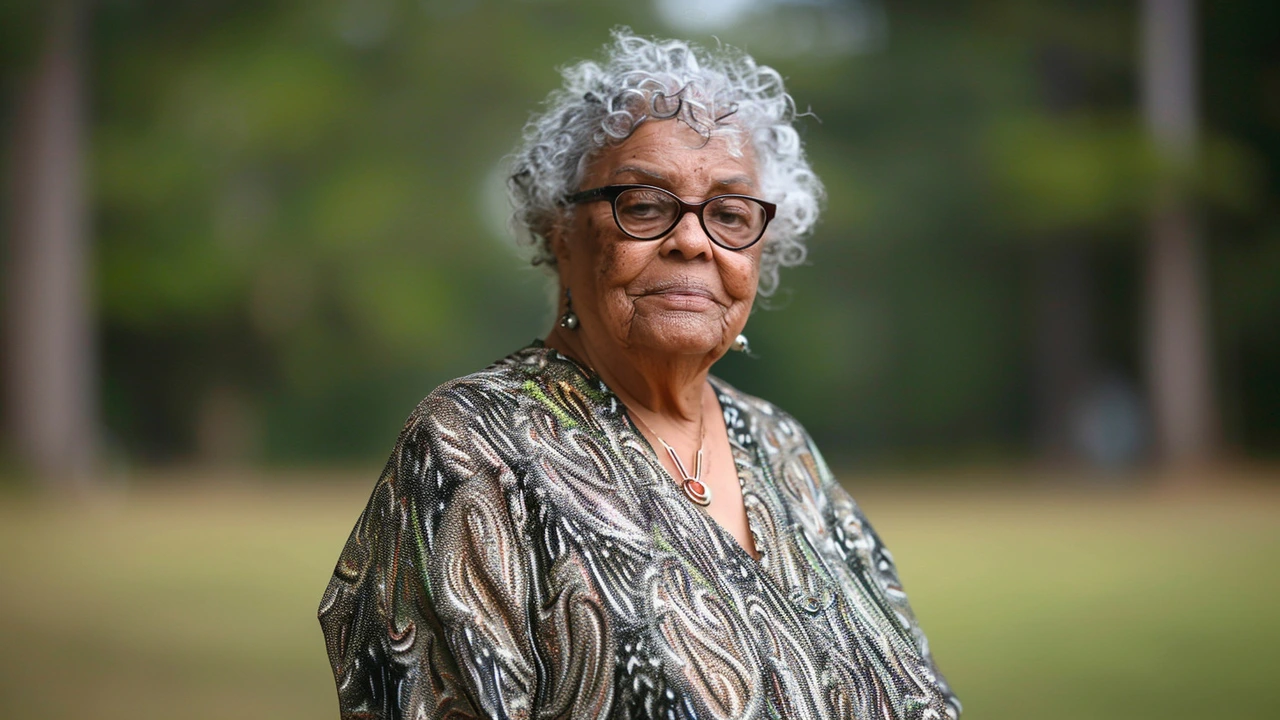What Is Juneteenth and Why Does It Matter?
Juneteenth is more than just a date on the calendar—it's a powerful celebration of freedom. On June 19, 1865, the last enslaved African Americans in Texas finally learned they were free, over two years after the Emancipation Proclamation. This moment marked the true end of slavery in the United States and gave rise to annual celebrations that honor resilience and liberty.
While originally rooted in African American communities, Juneteenth has grown into a broader cultural event. It raises awareness about Black history and invites everyone to reflect on the ongoing journey toward equality. You'll find parades, music, storytelling, and food all highlighting pride and community spirit.
How Is Juneteenth Celebrated Today?
Across the country, people mark Juneteenth with gatherings that blend fun with education. Family barbecues, cultural festivals, and public readings of the Emancipation Proclamation set the tone. Schools and organizations often use this day to teach about African American history and the importance of freedom and justice.
Many cities now recognize Juneteenth as an official holiday, reflecting its growing national significance. Companies and institutions hold events to honor the day and promote conversations around racial equity. This makes Juneteenth a moment to unite and acknowledge the past while working towards a better future.
Why Should You Pay Attention to Juneteenth?
Understanding Juneteenth means recognizing the story it tells about freedom delayed but ultimately won. It reminds us how history shapes lives today and why celebrating progress is vital. Plus, it encourages us to learn from the struggles and triumphs of those who came before us.
Getting involved in Juneteenth celebrations or simply learning more helps keep this important history alive. Whether you’re new to this story or have grown up with its traditions, Juneteenth invites everyone to reflect on justice and join in hope for lasting change.
Juneteenth marks the day federal troops enforced the Emancipation Proclamation in Texas, ending slavery there. The holiday signifies true freedom, with events in various cities and recognition of activists like Opal Lee, who fought for its national acknowledgment.


 Sports
Sports